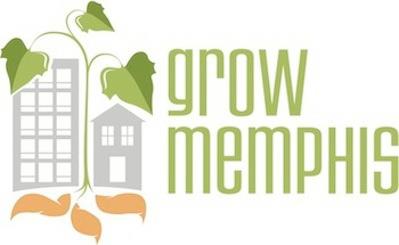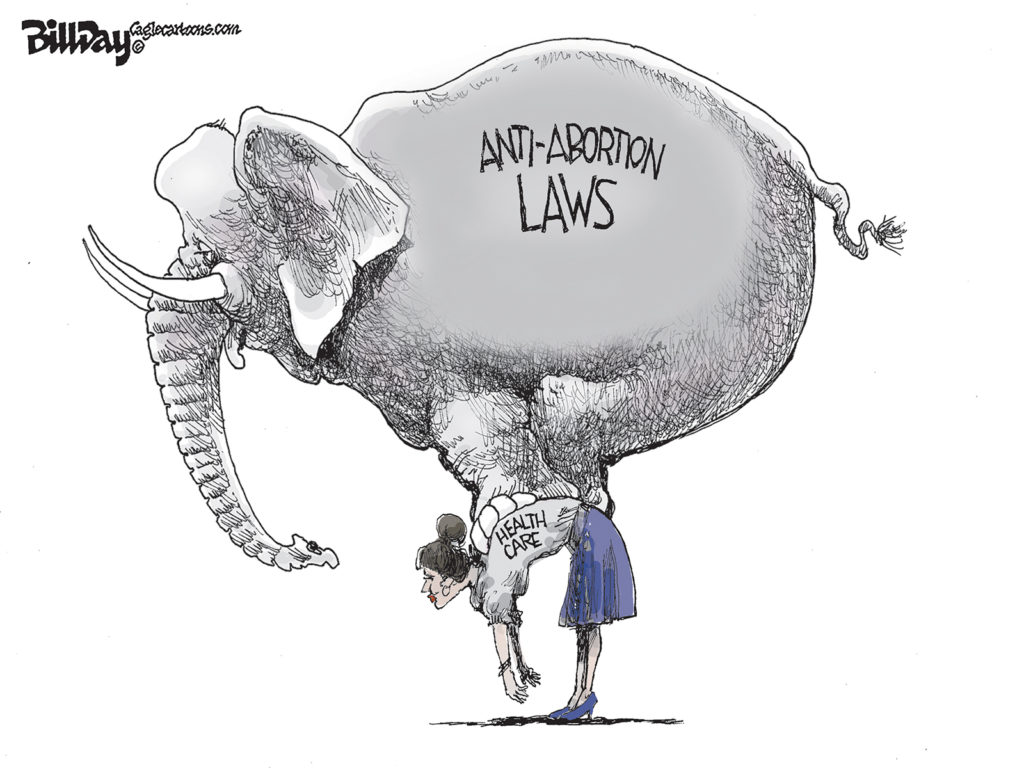The most exciting things in Memphis are regularly happening below the radar, without waiting for officialdom’s approval, away from the limelight, and with no interest in headlines.
Much of it is being done by people younger than 40 who have decided that the path to a better Memphis is to attack its problems at a neighborhood level rather than through the halls of government. This new DIY place-based activism is a welcome change from a local tendency in the past to identify a problem and turn to City Hall for a solution.
A large number of 25-40 year-olds opts out of a political system that turns them off with its divisiveness, scorched earth rhetoric, and overheated conflicts. It’s seen in the fact that only about 10 percent of voters under 40 even bothered to vote in the last election.
And yet, there are thousands of talented young professionals who aren’t ever seen in the public square, and their diversity is never more dramatic than in the cafeteria at the FedEx World Headquarters, which on most days look like it belongs in the United Nations.
Gardens as Centers of Community
Many of these young professionals have chosen to focus on neighborhood work, which is often a political statement in its own right, because in other cities, this kind of neighborhood work has resulted in citizens taking ownership of their governments and demanding to have a voice in decision-making. As former Denver Mayor John Hickenlooper once said in Memphis: When this happens, “the exciting thing is that leaders come from unexpected places.”
What characterizes these new activists is that they are unapologetically proud of their hometown while pushing it to improve behind a mantra of “Memphis is worth fighting for.”
The roots of this new attitude can arguably be traced to 2001 when Memphis’s community garden movement was born. That was when Alcine Arnett, a board member of the Mid-South Peace and Justice Center, urged the organization to start a community garden in her Orange Mound neighborhood. Her inspiration wasn’t about food, but about using the garden as a way to stitch back together the fabric of a neighborhood where she saw a rift between seniors and youths.
Six years later, the Peace and Justice Center founded GrowMemphis and two more community gardens – in Hollywood-Springdale and South Memphis – turned vacant lots into gardens and centers of community. In 2012, after planning new gardens and convening a food policy council, GrowMemphis became an independent nonprofit organization, leading the fight to remove barriers to farmers’ markets, community gardens, urban agriculture, and even backyard chickens. It also drafted the urban food ordinances included in the new Unified Development Code of Memphis and Shelby County.
Era of Growth
Memphis has come a long way in the 13 years since the community garden movement began and fueled the local food movement in Memphis. It has been a time of expanding influence and scope for GrowMemphis, and as its first executive director, 27-year-old Chris Peterson leaves to apply what he has learned 60 miles to the east on his grandparents’ 160-180 acre farm in Saulsberry, GrowMemphis prepares to enter an era of even greater growth after expanding from 24 to 36 gardens in the past three years.
“GrowMemphis will continue to focus on the ways food can be used for economic development, community development, and community empowerment,” he said. “It’s hard to categorize our success and define it by numbers, because success is about the attitude shifts that take place when positive things are going on in people’s neighborhoods.”
The community gardens are considered “safe places.” “Even the drug dealers compliment us,” Peterson said. “The gardens change what it means to people to live in their neighborhoods. There are people who want to do the work. We’re just providing resources to help them. When people take over ownership of their own community, the rewards are so much greater.”
A Community Cause
For board members, GrowMemphis is more than a project. It is a cause.
Matt Timberlake said: “I have a deep anxiety about the future of the planet in terms of food availability. But I also have a deep love for Memphis and its people. GrowMemphis addresses both of these. It creates more and more land dedicated to growing food within the city of Memphis, and helps people transition from small scale growing for themselves to for-profit food production with access to market space.
“If an unused patch of land is sitting alone in a neighborhood, sprouting weeds, why shouldn’t it become a place where people can work for a profit and grow fresh, healthy food?”
Published in the October issue of Memphis magazine as its City Journal column.




